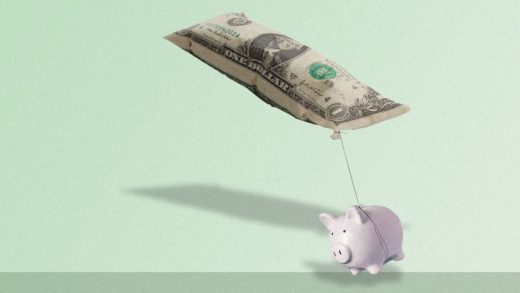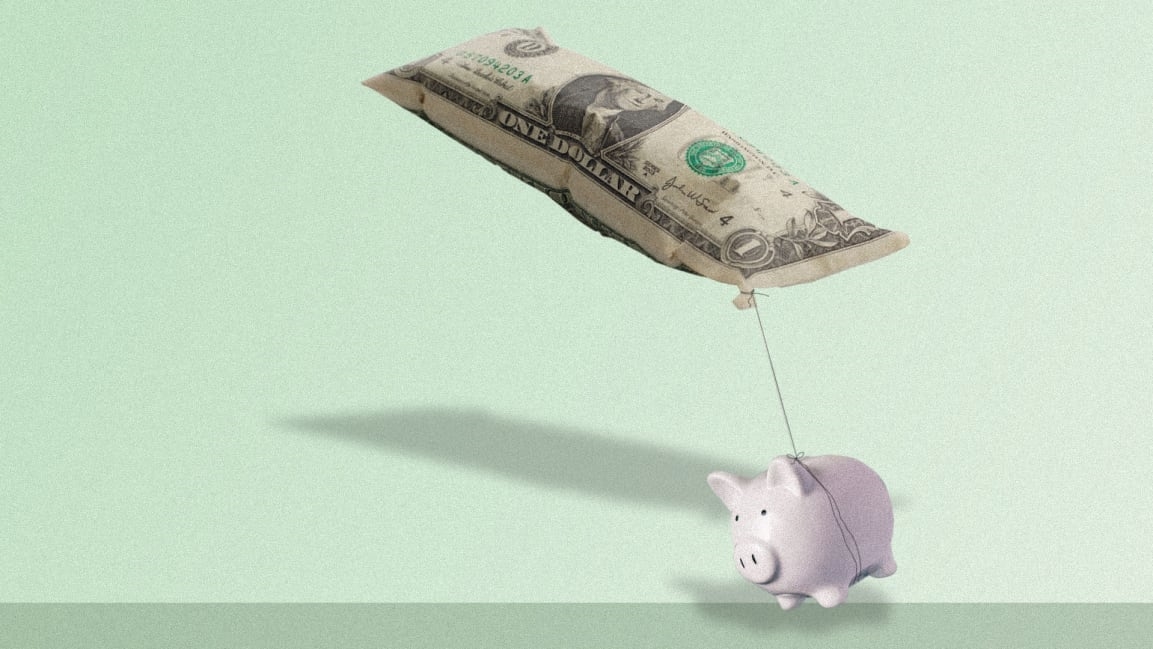October’s inflation was the highest in 30 years. Here’s what’s driving it
U.S. inflation surged in October for the greatest yearly increase since 1990, according to grim data from the Labor Department.
The consumer price index—a delta measure of typical dollars paid for a “market basket” of goods and services including groceries, gasoline, healthcare, and rent—rose 6.2% over the past 12 months, exceeding the Dow Jones estimate of 5.9%. Inflation also accelerated on a monthly basis, climbing 0.9% last month from September.
That means things are growing pricier across the country, so more pain for American checkbooks. But according to economists, it’s being driven by just a handful of items. If you’re an astute shopper, you might not be surprised to learn what those are.
First, there’s energy: Gasoline by the gallon cost 6.1% more in October than September, and 49.6% more than a year ago. Fuel oil in general spiked 12.3% for the month and 59.1% for the year, which will likely affect heating costs heading into the winter. The entire sector, including electricity and utilities, was up 30% this year.
Then, there are automobiles—specifically, used cars and trucks: Those prices jumped 26.4% in the past year. Much of that was likely caused by the pandemic-wrought global semiconductor chip shortage, which has dwindled a key component in manufacturing computers, robots, and modern cars—making existing vehicles a hot commodity.
Also, food and groceries—namely, meat and protein: The overall food index rose 5.3% in the past year, and the category for meats, poultry, fish, and eggs rose 11.9%. Beef was up 20.1%, and pork 14.1%. As with many goods during the pandemic—clothing, furniture, lawn mowers, camping tents—price hikes can be chalked up to various supply chain woes, including factory shutdowns, clogged ports, aging infrastructure, and a dearth of truckers and warehouse workers, which experts expect to last until the end of 2022. Rampant demand has only made this worse.
Finally, rent. The cost of shelter is up 3.5% yearly. Experts say housing prices in particular are a historic indicator of broader consumer index trends, and this year’s jump could signal persistent inflation down the road.
But while the latest numbers are dour, Treasury Secretary Janet Yellen and Federal Reserve Chairman Jerome Powell both still insist current inflation is temporary and linked to COVID-19. Stock market futures fell following the data report.
(19)



